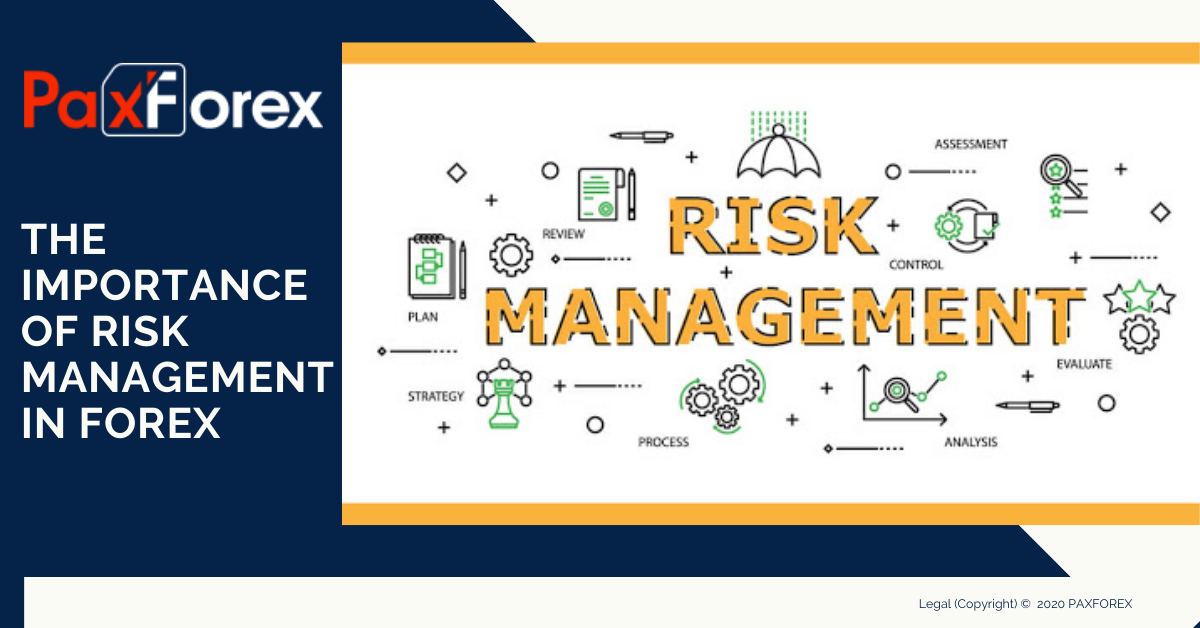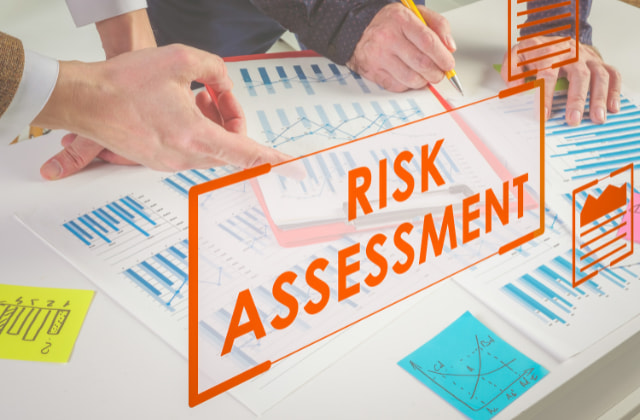The Role and Importance of Risk Management in Ensuring Corporate Continuity
The Role and Importance of Risk Management in Ensuring Corporate Continuity
Blog Article
Exploring the Value of Risk Management for Effective Decision-Making Methods
In the intricate globe of service, Risk Management arises as a critical aspect in the decision-making procedure. The ability to determine potential threats and opportunities, and strategize as necessary, can lead to the distinction in between success and failing.
Comprehending the Concept of Risk Management
Risk Management, a critical component in decision-making, is often misconstrued or oversimplified. Risk Management includes structured and self-displined techniques, using information and informative analyses. From economic unpredictabilities, lawful responsibilities, tactical Management mistakes, to mishaps and natural calamities, it attends to numerous risks - importance of risk management.
The Role of Risk Management in Decision-Making Processes
In the realm of strategic planning and service procedures, Risk Management plays an essential function in decision-making procedures. It helps in identifying potential threats and unpredictabilities that might impact the achievement of business purposes. By tracing these risks, companies can formulate techniques to minimize their influence, making sure organization connection and security. Risk Management thus becomes an important device in decision-making, aiding leaders to make educated options based on a thorough understanding of the risks entailed. It encourages a proactive technique, making it possible for organizations to expect and prepare for possible future circumstances. This dramatically reduces the likelihood of adverse repercussions, promoting much more effective and efficient decision-making approaches. Risk Management serves as an important component in the decision-making processes of any organization.

Exactly How Risk Management Improves Strategic Preparation
In the context of calculated planning, Risk Management plays a crucial role. Initiating with the identification of potential dangers, it even more encompasses the implementation of Risk mitigation procedures. The duty of Risk Management is not static but vibrant, as it requires continuous surveillance and adjusting of strategies.
Determining Potential Risks

Implementing Risk Mitigation
Risk mitigation methods can range from Risk avoidance, Risk transfer, to risk decrease. Each strategy should be customized to the certain Risk, considering its potential influence and the organization's Risk tolerance. Efficient Risk reduction needs a deep understanding of the Risk landscape and the prospective effect of each Risk.
Tracking and Adjusting Approaches
Though Risk mitigation is an essential step in tactical preparation, continuous monitoring and modification of these strategies is just as crucial. It likewise supplies a possibility to assess the success of the Risk Management measures, permitting adjustments to be made where necessary, further improving calculated planning. Monitoring and adjusting Risk Management approaches is a crucial component for enhancing an organization's durability and strategic planning.
Instance Studies: Effective Risk Management and Decision-Making
Worldwide of company and money, effective Risk Management and decision-making commonly function as the columns of thriving business. One such entity is an international oil company that alleviated financial loss by hedging versus rising and fall oil rates. In an additional circumstances, a technology start-up prospered by identifying and accepting risky, high-reward approaches in a volatile market. A global financial institution, confronted with regulatory uncertainties, effectively navigated the scenario through proactive Risk assessment and vibrant decision-making. These situations highlight the worth of sharp Risk Management in decision-making processes. It is not the absence of Risk, but the Management of it, that frequently differentiates successful firms from unsuccessful ones. These situations emphasize the essential role of Risk Management in tactical decision-making. importance of risk management.
Devices and Techniques for Reliable Risk Management
These devices, such as Risk registers and warmth maps, help in determining and assessing prospective risks. Risk reaction strategies, a crucial component of Risk Management, entail accepting, avoiding, transferring, or mitigating dangers. With these tools and strategies, decision-makers can browse the facility landscape of Risk Management, consequently helping with educated and effective decision-making.
Future Patterns in Risk Management and Decision-Making Strategies
As we discover the large landscape of Risk Management, it becomes obvious that the strategies and devices made use of today will certainly remain to advance. Future fads point towards a raised reliance on technology, with expert system and artificial intelligence playing substantial functions. These modern technologies will allow companies to anticipate possible dangers with better accuracy and make more enlightened choices. In addition, there will be a growing emphasis on resilience, not simply in managing risks yet also in recuperating from unfavorable scenarios. Finally, the principle of Risk culture, where every member of a company is mindful and associated with Risk Management, will acquire more importance. These patterns declare a more comprehensive and proactive technique towards company website Risk Management and decision-making.
Verdict

Risk Management thus becomes an important device in decision-making, aiding leaders to make educated options based on a comprehensive understanding of the threats entailed. Risk mitigation strategies can range from Risk avoidance, Risk transfer, to take the chance of reduction (importance of risk management). Reliable Risk reduction calls for a deep understanding of the Risk landscape and the potential impact of each Risk. Risk response approaches, an essential part of Risk Management, include approving, avoiding, see page moving, or mitigating check my site threats. The principle of Risk culture, where every participant of an organization is mindful and included in Risk Management, will certainly get extra prestige
Report this page